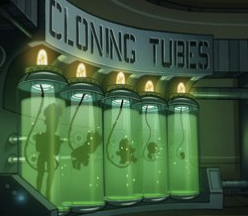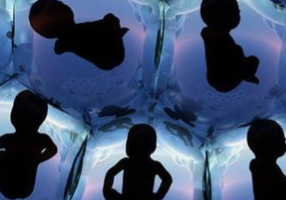Cloning is the process of creating a copy of something. In genetics, cloning refers to the process of making an identical copy of the DNA of an organism. Human cloning is an organism that involves in replicating the DNA of that organism in a new organism that, as a result, has the same exact features and characteristics. And animal cloning is the process by which an entire organism is reproduced from a single cell taken from the parent organism and in a genetically identical manner. This means the cloned animal is an exact duplicate in every way of its parent; it has the same exact DNA.
If the vital organs of the human body can be cloned, it can be provided as a backup system for human beings. Cloning body parts can serve as a lifesaver. When a body organ such as a kidney or heart fails to function, there is a possibility to replace it with the cloned body organ.
Cloning technologies can be very helpful for the researchers in genetics. They might be able to understand the structure or arrangement of genes and the effects of genetic components on human traits. They will be able to alter genetic components in cloned human beings, thus simplifying their analysis of genes. Cloning may also help us combat a wide range of genetic diseases.

The negative effects of human cloning contravene nature, because it is not via the natural reproductive process, which is by a man and a woman. Human cloning is creating life. It is also inhuman because a clone makes no differences as us. A clone must eat, drink and carry out any other metabolic processes in order to survive. The clone may even be better than his original host. It would be inhumane to treat them as ‘special species’ so if human is cloned it will make us to be a property which can be sold to anybody else. In other words, selling humans is unethical, inhumane and immoral.
In cloning human organs and using them for transplant, or in cloning human beings themselves, technical and economic barriers will have to be considered. Cloned organs will be cost-effective, such as equipment/materials used to make the cloned organs.
Further more cloning will put human and animal rights at stake. Some people feel that reproductive cloning is unnatural and that it could potentially violate their religious beliefs.
Cloning and in particular reproductive cloning has been proved to be a significant discovery in the world of science, it has potential to innovate and change the world around us however this new found technology has a long way to go in terms of safety, legalities, research and ethics.

